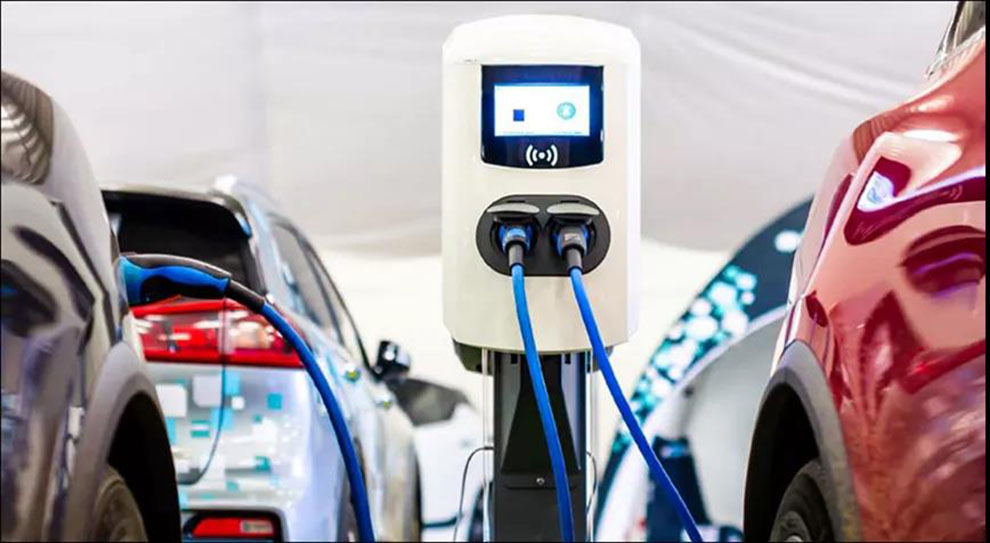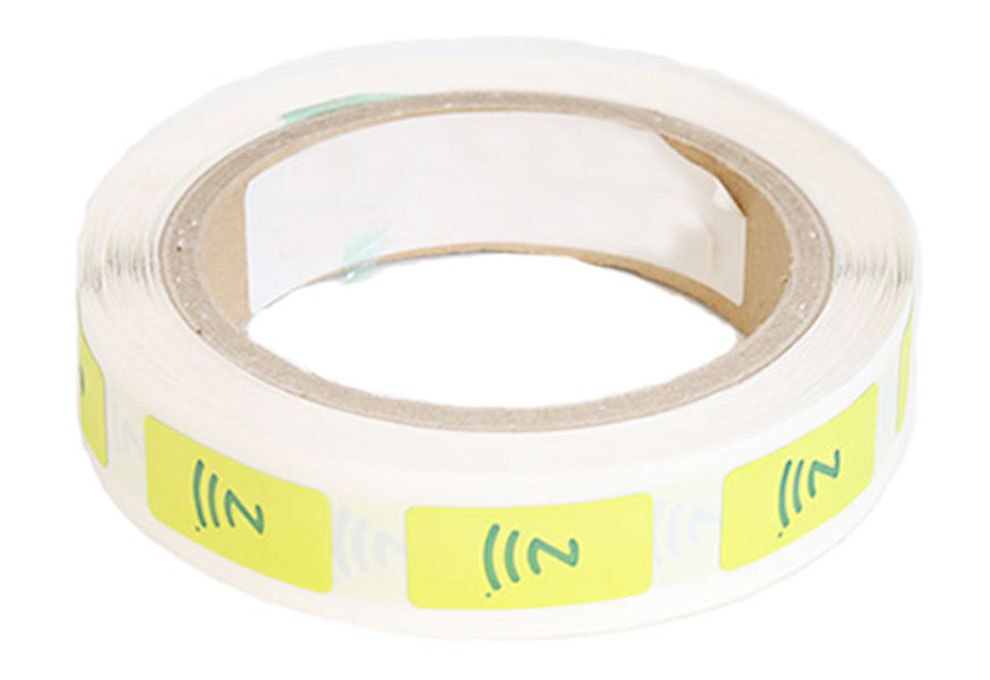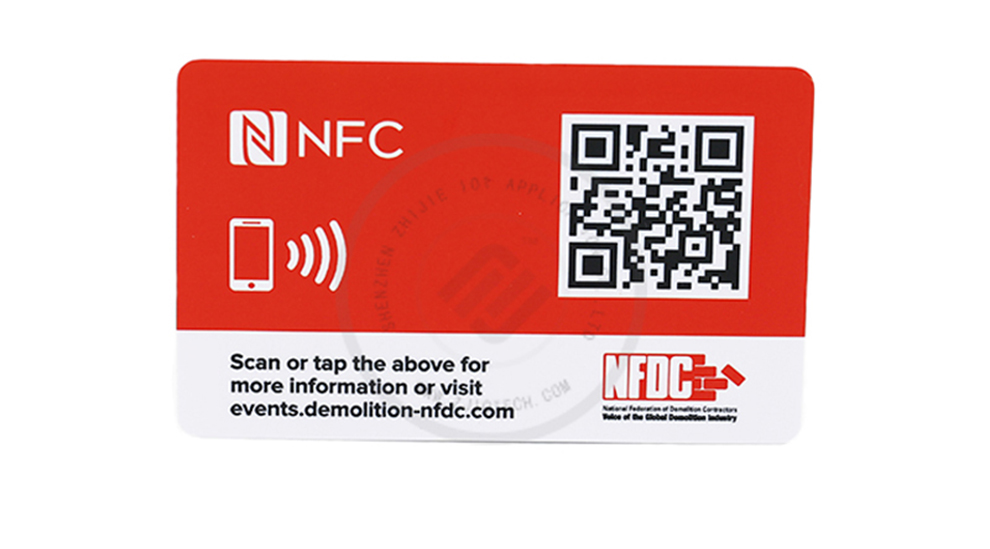-
Tel : +86(0)755 21013852
-
Email : info@zjiotech.com
Tel : +86(0)755 21013852
Email : info@zjiotech.com
The report also noted that most of this growth occurred in Germany, the Netherlands, France and the United Kingdom. Every charging station requires a user authentication or payment system, and there are a variety of technologies to choose from, from magnetic stripes and barcodes to Bluetooth, biometrics and RFID.

Established in 1988, ELATEC mainly designs and manufactures RFID readers. The company's global headquarters near Munich, Germany provides technologies for user authentication and access control applications such as secure printing and access control. The company's solutions use a variety of technologies, including Bluetooth Low Energy (BLE). Recently, the company's technology has gained traction in the electric vehicle charging system market.
The company said that in the middle of 2020, the market demand for the company's equipment began to increase, and it was growing rapidly.
ELATEC works with OEMs, system integrators to provide its customers with connectivity, authentication and payment systems used in electric vehicle charging stations. Depending on the needs of a given application, users can mix and match the necessary technologies, including LF and HF RFID, as well as NFC or BLE.
The company's solutions are used worldwide, and its product line includes the TWN4 MultiTech card reader module, which can read more than 60 card technologies and is globally certified. According to Wolfgang Kratzenberg, ELATEC's sales manager for the central US region, the module can therefore meet a wide variety of applications and requirements.
"The flexibility of the reader is the real reason we adapt to these different applications," Krasenberg explained, because many companies already have a "bring your own device" approach.
Users can utilize employee cards with LF, HF or NFC connectivity, or a smartphone loaded with an app, Van der Meijerden said. In some cases, businesses use multiple technologies (which may include magnetic stripes, biometrics or barcode scanning) in a single solution to identify individuals charging their vehicles. However, RFID offers advantages that other technologies cannot.
RFID has performance advantages in harsh environments and has proven to be well suited for outdoor EV charger applications. In a typical application, each charging station will have a built-in ELATEC reader. The employee simply brings the NFC-enabled device close to the reader terminal to identify it.
ELATEC's firmware is designed to recognize the ID number and interface with the end user's or solution provider's software to confirm that each person has access to the charging station. If the ID is correctly verified from the transponder's secure storage area, the charging station will automatically allow continued charging.

In public spaces such as shopping mall parking lots, the same device can be used with NFC-enabled credit card, magnetic stripe or barcode authentication. In this case, the user can be identified, the account can be verified, and the charging station can then be used, with the charging fee automatically debited from each user's account. ELATEC reports that the communication between the card reader and the credit card must be very secure because the point of sale is at the electric vehicle charging station, not the backend server. ELATEC's readers support these safety requirements.


As worldwide professional rfid and nfc products manufacturers, Shenzhen ZhiJie IOT Application Co,Ltd has more 10 years experience in various kinds of rfid products , mainly provides rfid cards ,rfid label , nfc cards ,custom 13.56MHz paper nfc sticker ,colored nfc wristband , rfid laundry tags , rfid high temperature tags , rfid glass tube tags ,etc . Our products widely use for cashless payment, identification , logistic , medicine , school ,financial security and warehouse management , With more and more popular use with rfid and nfc technology nowadays , our factory has launched many industries rfid products for our esteemed clients worldwide and established longterm cooperation relationship . NFC technology as shorter wireless comminucation has more and more security and widely using in our life .
NFC is ubiquitous in smartphones, which is one of the reasons why 13.56MHz technology is so popular. One benefit of NFC technology is that it provides security in the form of ID encryption and short read ranges. ELATEC cites numerous benefits of using NFC or other RFID technologies over barcodes or other optical identification technologies. For example, optical equipment requires sufficient lighting to ensure visibility and clear line of sight, while RFID technology does not have this limitation. Outdoor environments also present challenges to optical or magnetic stripe technology.
Additionally, RFID makes passwords unnecessary. This is important for users because entering passwords can also take time and introduce security risks, such as passwords that can be fraudulently obtained and used by unauthorized individuals.
Krasenberg said RFID provides a basis for the development of other solutions, such as a related loyalty program for customers; electric car drivers can get a free charge after using a charging station 10 times, and so on. RFID allows such data to be collected and decoded on backend servers.
Krasenberg called NFC and other RFID technologies "maintenance-free" because readers aren't hindered by environmental challenges. He said there are about 205,000 electric vehicle charging stations across Europe. Although ELATEC did not specify how many units it has sold, the company still has a substantial presence in existing charging stations as well as those planned. In the German city of Berlin, for example, people are using smartphones or RFID traffic cards to access electric vehicle charging stations from German EV charging station manufacturer Compleo, a solution that has been around since 2017.
For most projects, ELATEC aims to work with OEMs to develop solutions tailored to customer needs, Krasenberg said. “We don’t just put readers in the right places for customers. Instead, the company works with customers to design the right product. We listen to our customers and they tell us what they need, which helps us develop a product map ."
Statement : Pictures above only show the product , the intellectual property rights of the logo owned by their trademark